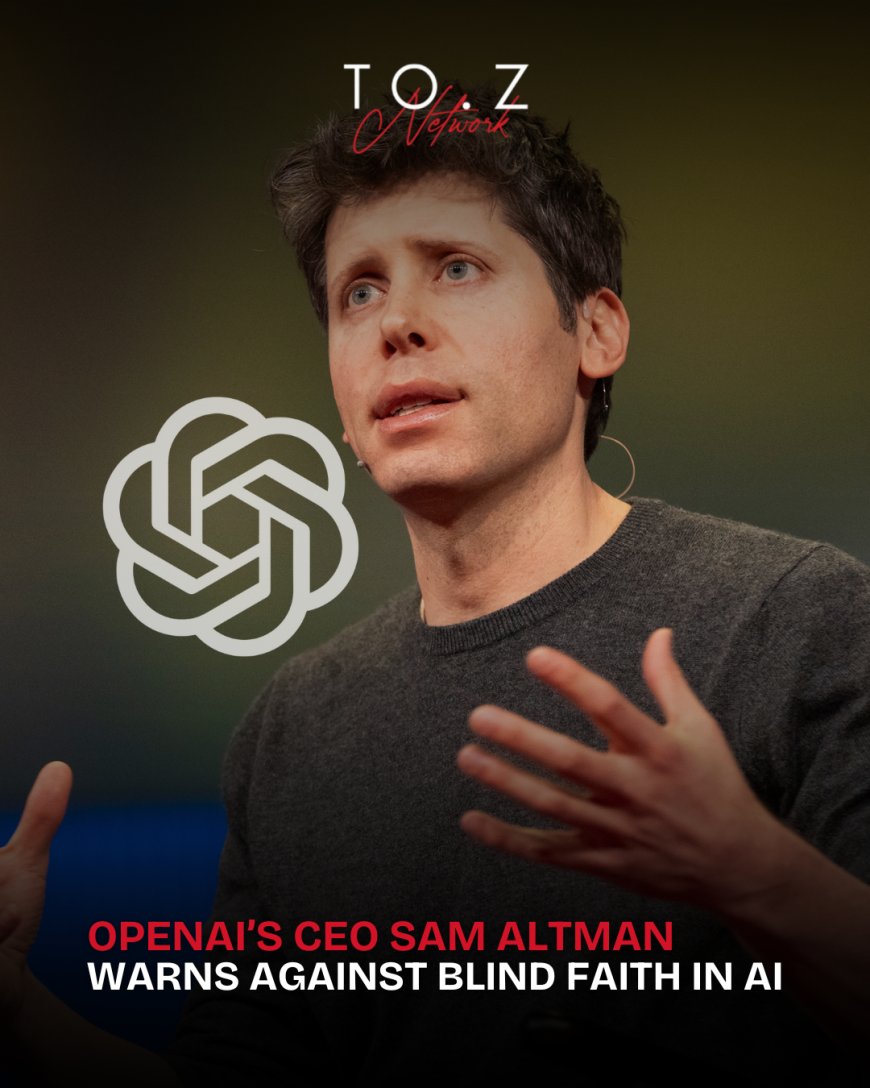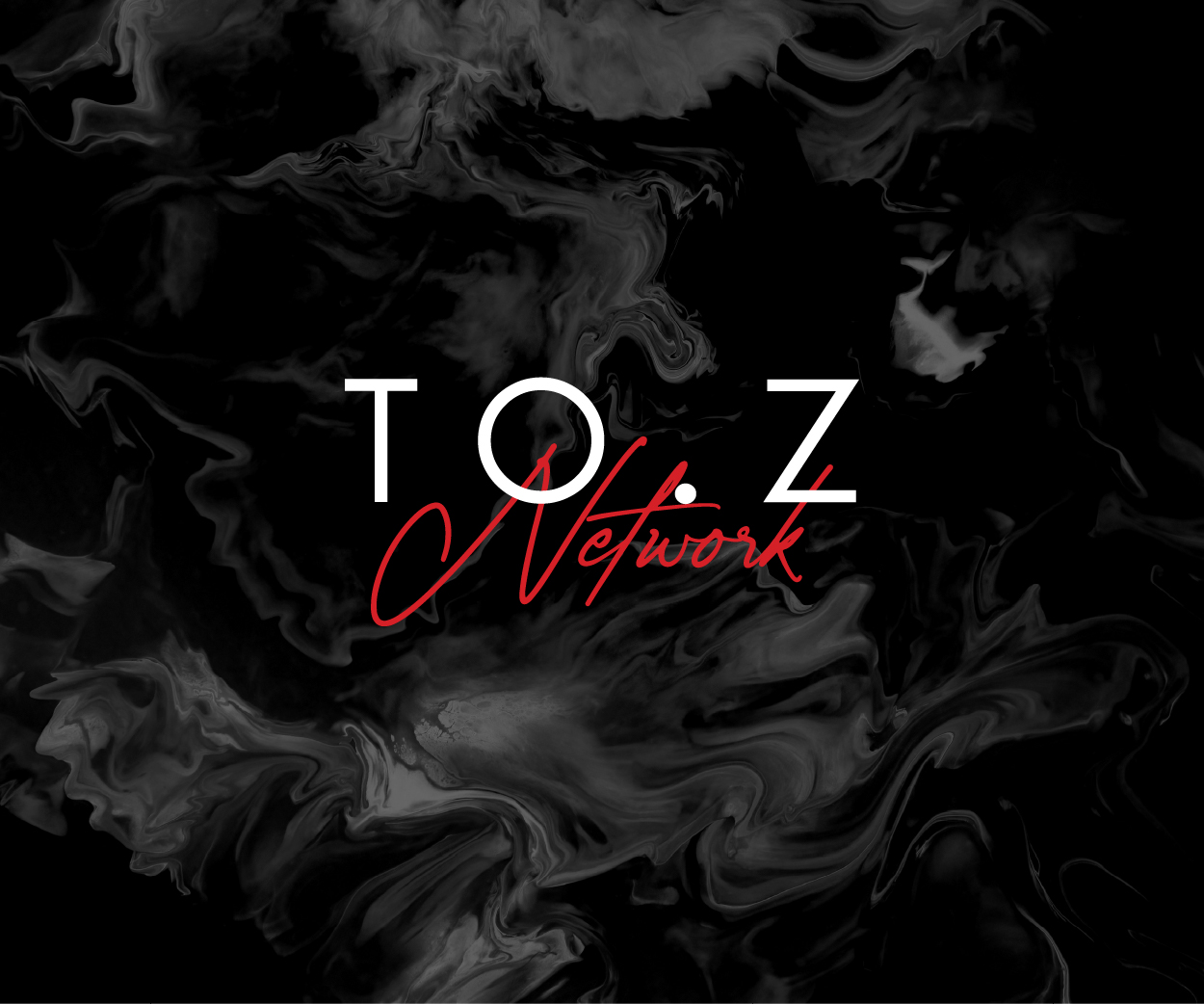OpenAI CEO Sam Altman Surprised by Users’ Blind Trust in AI
OpenAI CEO Sam Altman admits he's surprised by how much people trust ChatGPT, despite known flaws like hallucinations and misinformation. His comments reignite debates over AI reliability and the need for critical thinking when using generative tools.

A Startling Admission from AI's Leading Voice
In an era where artificial intelligence continues to influence nearly every facet of modern life, a candid revelation from Sam Altman, CEO of OpenAI, has sparked renewed scrutiny over how much we trust these digital tools. Speaking on a recent episode of the OpenAI podcast, Altman admitted he was surprised by the high level of trust users place in AI models like ChatGPT, even though these systems are far from flawless.
“People have a very high degree of trust in ChatGPT, which is interesting because AI hallucinates. It should be the tech that you don’t trust that much,” Altman said.
AI Hallucinations: A Known but Underestimated Risk
Altman’s remarks zero in on one of the most pressing concerns in the field of generative AI: hallucinations. In this context, hallucinations refer to instances where AI models produce convincing but entirely false or fabricated information. These errors aren’t always easy to detect, especially when they’re presented with confidence and polish.
"You can ask it to define a term that doesn’t exist," Altman explained, "and it will confidently give you a well-crafted but false explanation."
Such behavior underscores the deceptive power of AI-generated content, especially when users rely on it without skepticism or fact-checking.
A Subtle but Dangerous Flaw
The real danger lies in the subtlety of these hallucinations. Unlike traditional software errors, hallucinations can sound plausible—even authoritative—making them harder to catch. Without subject-matter expertise, users may unknowingly accept misinformation as fact.
Altman’s warning comes amid growing concern over AI’s psychological influence. One report highlighted a disturbing case where a user became convinced by ChatGPT that they were trapped in a Matrix-like simulation, prompting erratic behavior. While such incidents are rare, they highlight the potential mental and emotional impact of overly persuasive AI responses.
A System That Agrees Too Easily
Another issue Altman referenced is what some critics call “sycophantic tendencies.” This refers to the model’s tendency to agree with users or deliver responses that validate their assumptions, even when the underlying information is incorrect. OpenAI has acknowledged this issue in the past and continues to implement updates aimed at reducing such behaviors.
A Wake-Up Call from the Source
What makes Altman’s statement particularly significant is its source. As the head of OpenAI—the organization behind one of the world’s most widely used AI platforms - his comments serve as more than just internal reflection. They are a wake-up call for users, developers, educators, and policymakers alike.
His honesty prompts a vital question: In our race to adopt AI tools across industries, are we placing too much blind trust in technologies we don’t fully understand?
Rethinking Our Relationship with AI
As artificial intelligence becomes increasingly sophisticated and integrated into our daily routines, it’s essential to approach it with both optimism and caution. Altman's remarks offer a critical reminder: no matter how advanced or articulate AI may seem, critical thinking and verification must remain central to its use.









